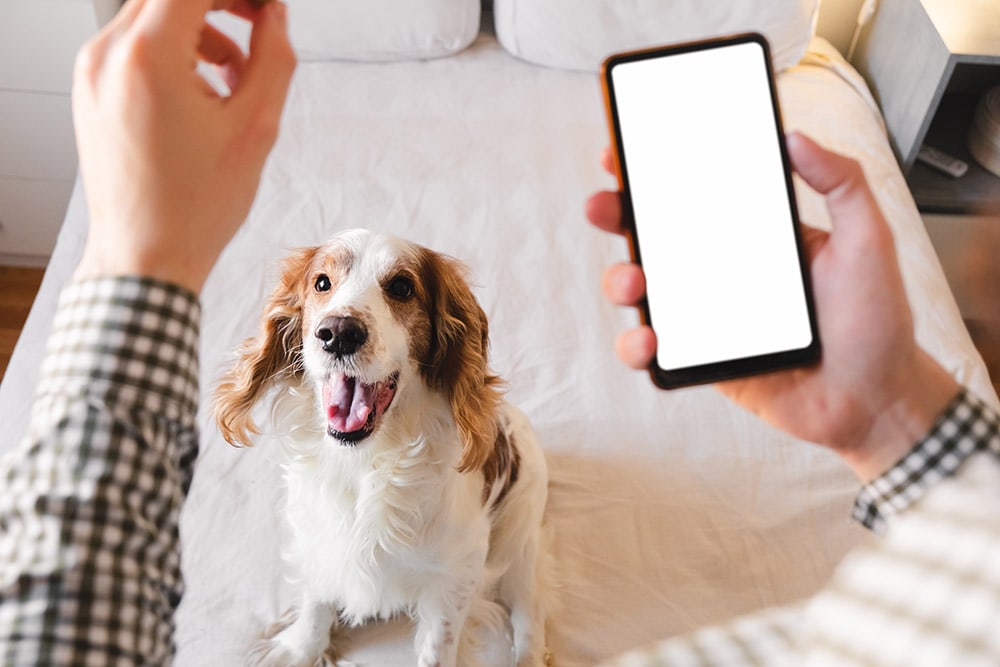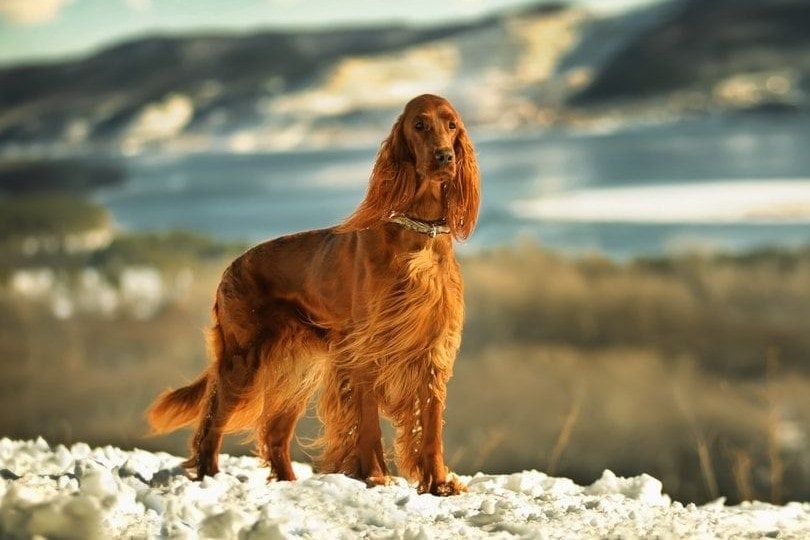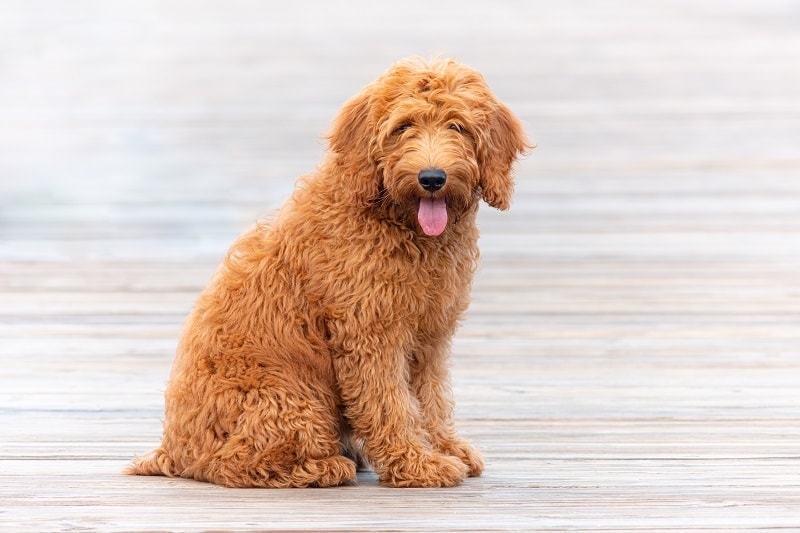My Dog Killed a Raccoon! 4 Tips on What to Do Next

Updated on
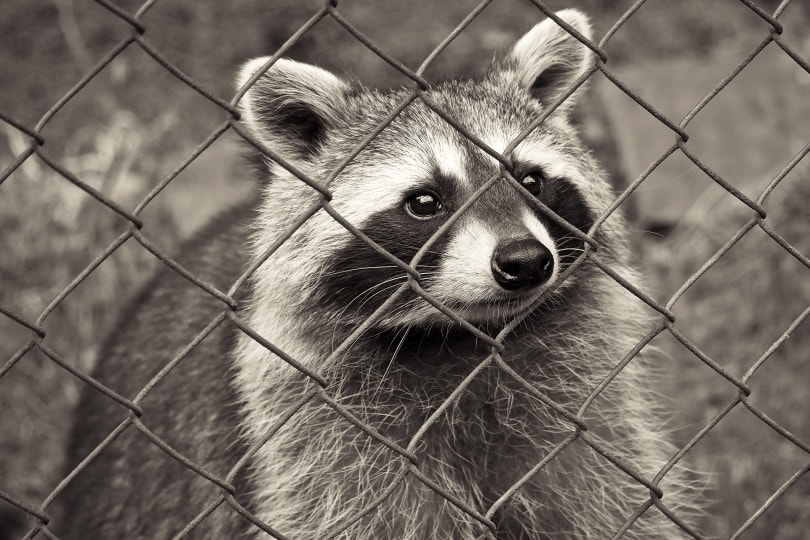
Dogs most likely won’t leave wild raccoons alone. Their prey drive or guarding instincts can kick in and get them into a fight with a raccoon. It can be alarming if your dog ends up killing a raccoon, but it’s important to stay calm and make sure that you act accordingly for your safety and your dog’s safety. Here are some specific things you can do if your dog kills a raccoon.
The 4 Tips on What to Do After Your Dog Killed a Raccoon
1. Separate Your Dog from the Raccoon
Make sure to separate your dog from the raccoon carcass and drop it if it’s carrying it in its mouth. Don’t touch the raccoon with your bare hands. Wear protective gloves and try to get the raccoon out of your dog’s mouth. You can also try encouraging your dog to drop the raccoon by using a treat or distracting it with its favorite toy.
Never touch the raccoon with your bare hands. Raccoons can carry several parasites and transmit diseases 1, including rabies, roundworms, giardiasis, and leptospirosis.
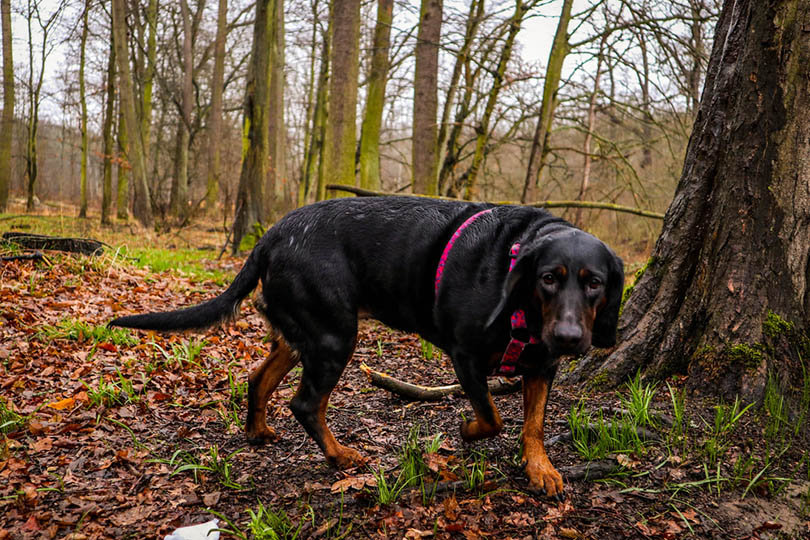
2. Check for Any Bites and Wounds
Once your dog is separated from the raccoon carcass and in a safe space 2, examine your dog’s body for any bites, scratches, and other injuries. You can clean and disinfect minor scratches with warm water and an antiseptic solution.
Make sure to check your dog’s mobility as well. Raccoons can be fierce and strong, and it’s possible that your dog may have gotten a sprain or fractured a bone while attacking or defending itself.
3. Schedule a Vet Appointment
It’s best to schedule an appointment with your vet to do a physical exam on your dog and to treat any significant injuries or wounds. While rabies vaccines are highly effective, they aren’t 100% effective. Your vet can help you determine the next steps when caring for your dog and provide any information on relevant treatment, such as rabies prophylaxis, when applicable.
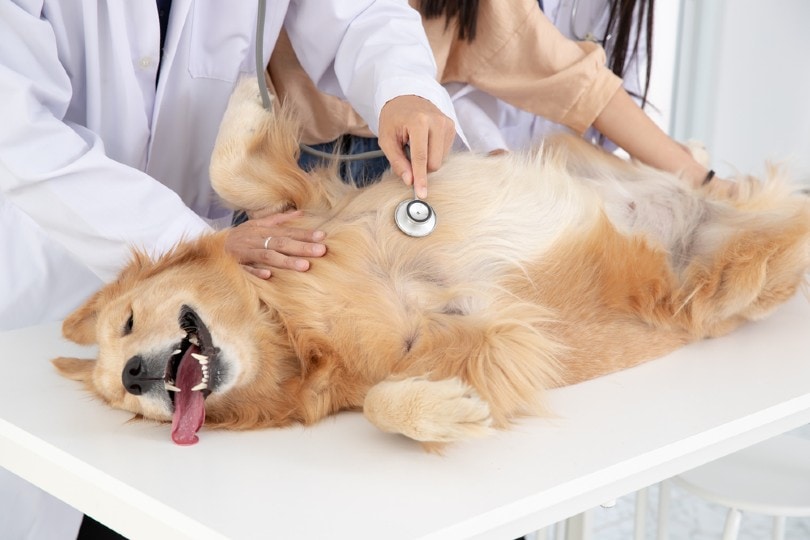
4. Remove the Raccoon Properly
There are several ways to remove the raccoon carcass from your property. You can dispose of the carcass in your trash bin or bury it yourself. Make sure to wear protective gear, including gloves, long sleeves, and a face mask. The carcass should be double bagged before going in the garbage bin. If you plan to bury the raccoon, dig a hole at least 2.5 feet deep, and at least 6 inches of soil should cover the carcass.
You can also call your local animal and wildlife control. Some may dispatch a technician to remove the raccoon carcass from your property or give you some referrals for removal services.
How to Prevent Future Incidents
Raccoons are common backyard animals, so it’s very possible to have repeat incidents. So, make sure to set up some new systems in place to reduce the risk of another encounter with a raccoon.
First, never leave your dog unsupervised in your yard, especially at night. Raccoons are generally crepuscular and nocturnal animals (active more so around dawn and dusk and frequently at night). These animals are bold and aren’t shy about getting close to houses to snoop around for food. Raccoons with rabies can also be more aggressive and more likely to attack dogs.
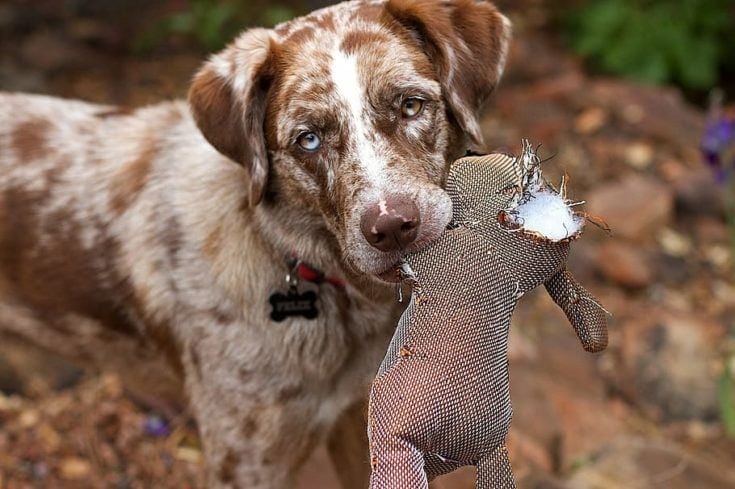
You can also do a thorough scan of your yard and look for any holes in your fences that raccoons can sneak through. You can also line your fence with slippery lubricant to make it more difficult for raccoons to climb. Trim any tree branches that are hanging over your fence to prevent raccoons from climbing over.
Lastly, reduce the incentive for raccoons to enter your property. Raccoons are most likely near your house because they’re looking for food. So, make sure that your trash bins have secure lids to keep raccoons out. Raccoons also don’t like the smell of hot peppers, garlic, onions, and peppermint oil, so you can try planting these scents around your yard to discourage raccoons from entering.
- Related Read: Does My Dog Need Sunlight to Stay Healthy?
 Conclusion
Conclusion
Raccoon attacks can be scary, but you can do several important things to help your dog get the care it needs. If your dog ever kills a raccoon, make sure to contact your veterinarian for a physical check-up and properly dispose of the raccoon carcass.
Once the dust settles, make some modifications around your house to discourage more raccoons from entering, and never leave your dog unsupervised. Being vigilant and up to date with your dog’s rabies vaccines can help prevent any other raccoon incidents and significantly reduce the risk of your dog contracting rabies.
Featured Image Credit: Piqsels


 Conclusion
Conclusion